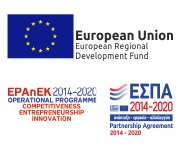This website uses cookies so that we can provide you with the best user experience possible. Cookie information is stored in your browser and performs functions such as recognising you when you return to our website and helping our team to understand which sections of the website you find most interesting and useful.
Insights
Profile SoftwareInsights
- All
- Articles
- Case studies
- Reports
- Videos
- Webinars
- Whitepapers
Select Topic
<div >No insights found</div>

Subscribe to our newsletter
Keep up to date with Profile's latest news & much more!
"*" indicates required fields
- Solutions
- Products
- Services
- Insights
- News & Events
- About Us
- Contact Us
- Solutions
-
Banking
-
Investment Management
Investment Management
Related Products


